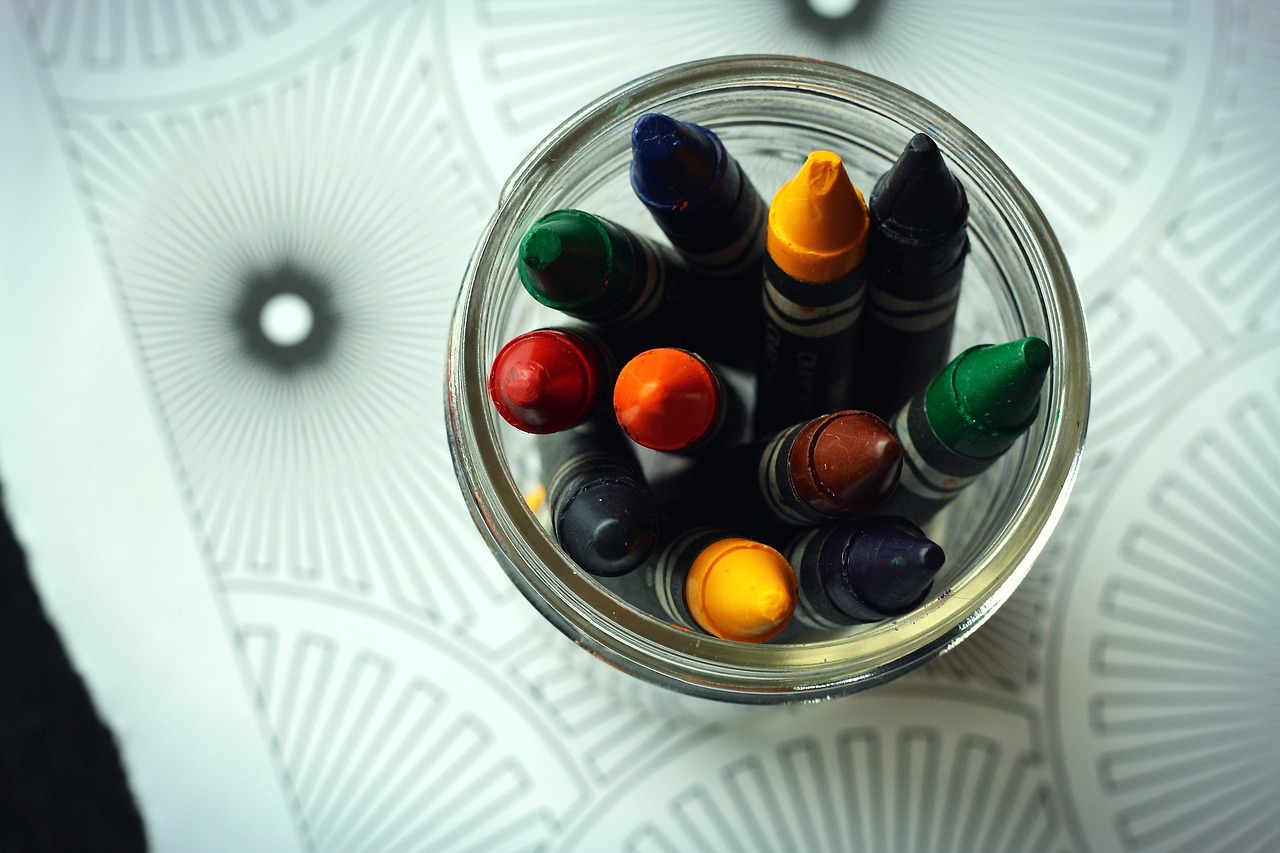Understanding the Influence of Peer Relationships on Academic Success
Peer relationships play a crucial role in shaping academic success among students. The interactions with peers can greatly influence a student’s attitude towards learning, motivation levels, and overall performance in school. Positive peer relationships provide a supportive environment where students can collaborate, exchange ideas, and help each other navigate through challenging academic tasks.
On the contrary, negative peer relationships can hinder academic success by creating distractions, fostering a competitive rather than cooperative atmosphere, and even exerting peer pressure to engage in behaviors that are detrimental to learning. It is essential for educators and parents to be mindful of the impact that peer relationships can have on students’ academic journey and to promote healthy and positive peer interactions to support their academic success.
The Impact of Peer Influence on Study Habits
Peer influence plays a significant role in shaping study habits among students. It is common for individuals to adapt their approach to studying based on the behaviors and attitudes of their peers. For example, if a student observes their friends consistently studying for exams or completing assignments on time, they are more likely to be motivated to do the same.
Conversely, if a student’s social circle tends to prioritize social activities over academic responsibilities, they may feel pressured to conform to these norms. This can lead to a decrease in study time and overall academic performance. As such, the influence of peers on study habits can either positively or negatively impact a student’s educational outcomes.
How Peer Pressure Can Affect Academic Performance
Peer pressure is a powerful force that can significantly impact a student’s academic performance. It often leads individuals to conform to the behaviors and expectations of their peers, even if those actions are not conducive to learning or success in school. Students may feel compelled to engage in activities that prioritize social acceptance over their academic responsibilities, ultimately hindering their ability to focus on their studies and perform well in school.
Moreover, peer pressure can create a competitive atmosphere among students, where the emphasis is not on personal growth and learning, but rather on outperforming others. This can lead to unhealthy study habits, such as excessive procrastination or cheating, as individuals may feel the need to meet unrealistic expectations set by their peers. Consequently, the pursuit of academic excellence may be overshadowed by the desire to meet social standards, resulting in poor academic performance in the long run.
How can peer relationships impact academic success?
Peer relationships can have a significant impact on academic success as peers can influence study habits, motivation, and overall attitude towards school.
What are some ways peer influence can affect study habits?
Peer influence can affect study habits by either motivating students to study harder or distracting them from their studies. Students may also compare themselves to their peers, leading to increased pressure to perform well academically.
How does peer pressure specifically impact academic performance?
Peer pressure can lead students to engage in behaviors that are detrimental to their academic performance, such as skipping class, not completing assignments, or cheating. Additionally, students may feel pressured to conform to their peers’ academic standards, which can affect their own goals and achievements.
Can peer pressure have a positive impact on academic performance?
While peer pressure is often associated with negative outcomes, it is possible for peer influence to have a positive impact on academic performance. For example, students may be encouraged by their peers to participate in study groups or seek help from teachers, leading to improved academic outcomes.
How can students combat negative peer pressure affecting their academic performance?
Students can combat negative peer pressure by setting personal academic goals, surrounding themselves with supportive peers, and seeking help from teachers or counselors if they feel overwhelmed by peer influence. It is important for students to prioritize their own academic success and not be swayed by negative peer pressure.







